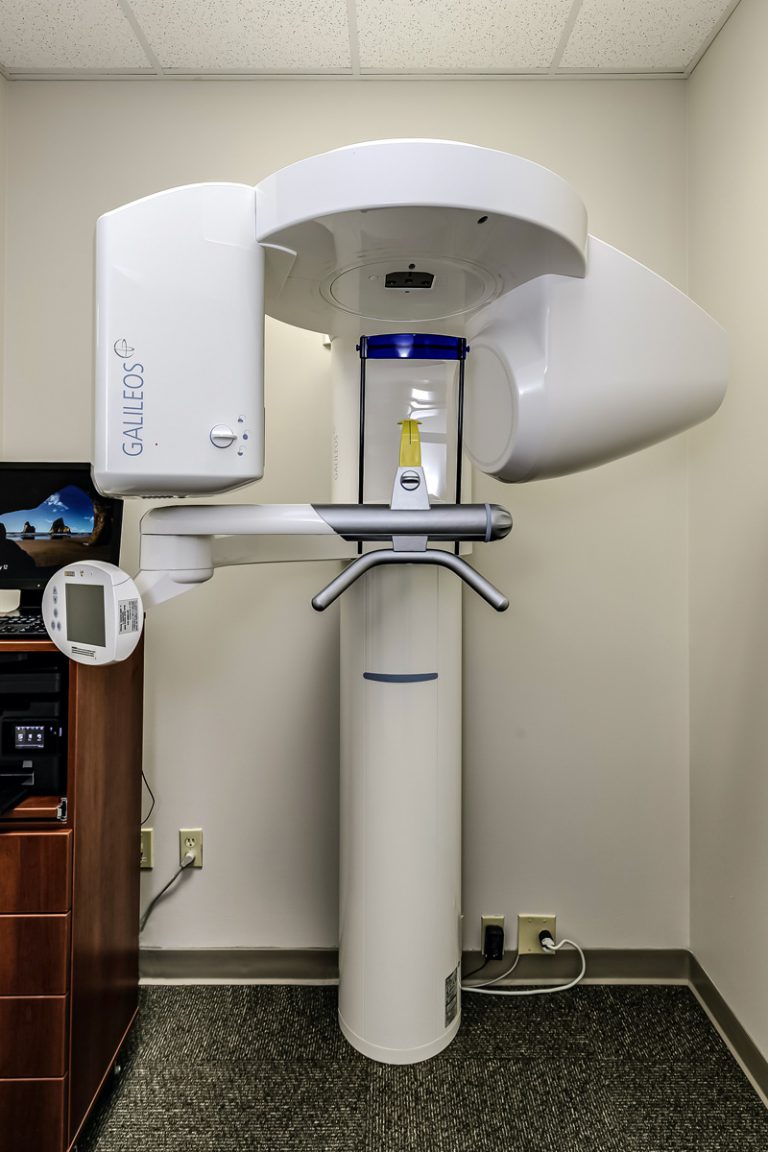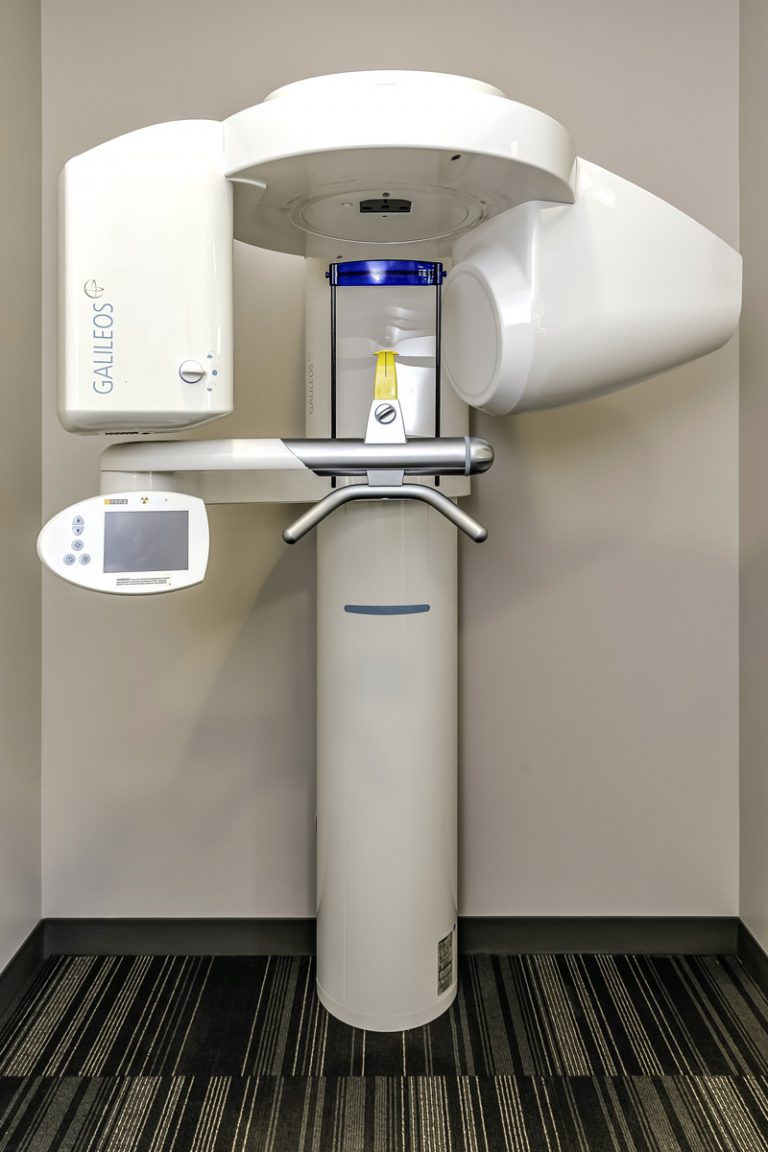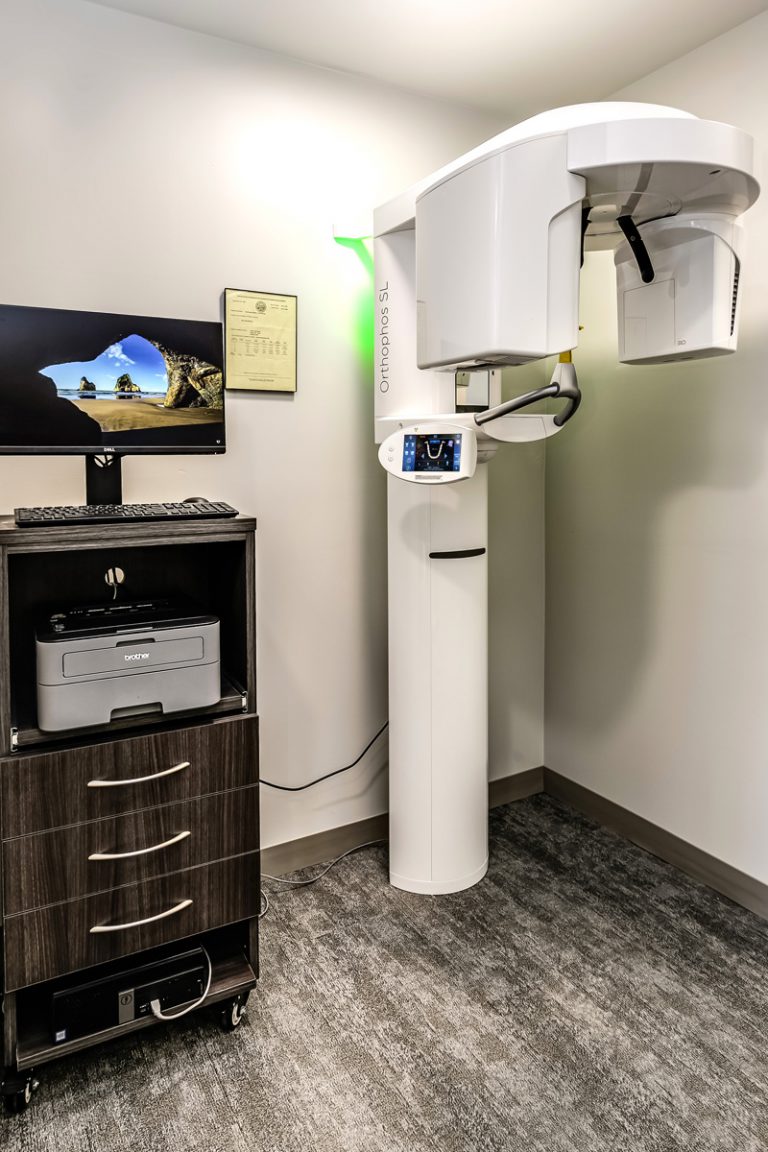To Buy Antabuse Online Visit Our Pharmacy ↓

Side Effects: Antabuse Compared to Other Treatments
Success stories abound, painting a picture of hope and transformation for those looking to break free from the grips of alcoholism. It is important to note that Antabuse treatment may require regular doctor visits and lab work, thus adding to the overall cost. It can help individuals to break the cycle of drinking and reduce the risk of relapse. Antabuse can be a valuable aid in relapse prevention, but it should be utilized in conjunction with other therapeutic interventions to support lasting sobriety and address the underlying causes of addiction. If you do consume alcohol while taking Antabuse, seek medical attention immediately. Antabuse, also known as disulfiram, works on a chemical level to help individuals overcome alcohol addiction. Relying solely on Antabuse to overcome alcoholism is a complex misconception.
Rare but Serious Reactions
This FDA-approved elixir has been a mainstay in anti-alcohol therapy since its introduction in the 20th century. This elixir of deterrence manifests as nausea, vomiting, headache, and flushing—symptoms that are enough to make anyone think twice before picking up their next drink. As a result, drinking even small amounts of alcohol while taking Antabuse can cause symptoms such as nausea, vomiting, headache, and sweating. Regular check-ins with a healthcare provider are essential to track the effectiveness of the medication and address any emerging concerns promptly. Alcohol addiction also takes a toll on relationships, careers, and overall quality of life. When someone takes Antabuse, it interferes with the normal metabolism of alcohol in the body. While it can cause discomfort like nausea and headaches, especially if alcohol is consumed, these symptoms are typically manageable and temporary.
How Antabuse Alters Alcohol Metabolism
In summary, Antabuse is an effective tool in alcohol recovery as it creates an aversive physical response when alcohol is consumed. This creates a psychological aversion to drinking as a result of the negative association with the medication. By interrupting the normal alcohol metabolism pathway, Antabuse helps to reinforce the importance of abstinence and supports behavior change in individuals seeking recovery from alcohol addiction. When a person takes Antabuse and then consumes alcohol, it causes a buildup of acetaldehyde in their body. One such success story is that of John, who had struggled with alcohol addiction for several years. However, by focusing on the benefits of sobriety and remembering the negative consequences that alcohol has had on their lives, individuals can stay motivated and committed to their recovery goals. Additionally, the avoidance of alcohol consumption due to Antabuse's effects can lead to improved mood stability and cognitive clarity, enhancing overall mental well-being for individuals seeking long-term sobriety and improved mental health.
Advantages of Using Antabuse for Alcoholism Treatment
Regular check-ins with your healthcare provider can help monitor your progress effectively. Personal Preferences and Habits: For some individuals, Antabuse may be the preferred medication because it discourages drinking by causing unpleasant side effects such as nausea, headache, and flushing when combined with alcohol. Additionally, Antabuse may not be suitable for everyone. Antabuse, also known as disulfiram, is a powerful medication used in the treatment of alcohol addiction. It works by creating a chemical reaction in the body that makes drinking alcohol extremely unpleasant. Therefore, it is essential to work closely with a healthcare provider to determine the best option for treating alcohol addiction based on individual needs and circumstances. Close monitoring and prompt intervention can help manage any adverse effects on liver function associated with Antabuse use.
Benefits and Limitations of Antabuse: an Honest Evaluation
Antabuse discourages alcohol consumption by inducing unpleasant side effects when alcohol is ingested, which can be a powerful deterrent for some individuals. It is simply a tool that can assist individuals in their recovery journey. It works by interfering with the body's ability to break down alcohol, causing unpleasant effects if alcohol is consumed. When an individual consumes alcohol while taking Antabuse, a chemical reaction occurs in their body. Antabuse plays a crucial role in behavior change for individuals struggling with alcohol addiction. Antabuse, also known as disulfiram, is a medication used to treat chronic alcoholism. The effectiveness of other medications for alcoholism treatment is another important consideration when choosing the best treatment option.
Consulting with a Medical Professional
Combining Antabuse with counseling sessions, support groups, and lifestyle changes can provide a holistic approach to addressing alcohol misuse. Antabuse has been instrumental in helping numerous individuals on their road to sobriety. This medication serves as an effective tool to support individuals in their journey towards sobriety and helps them maintain long-term behavior changes. Implementing relaxation techniques, maintaining a structured routine, and engaging in activities that promote mental wellness can all contribute to a balanced approach. This distinction highlights how each treatment may serve different patient needs effectively. More serious side effects may occur if Antabuse is taken with alcohol, such as chest pain, difficulty breathing, and seizures. In more severe cases, patients may experience swelling of the face, tongue, throat, or extremities.
Final Thoughts on Antabuse
Antabuse and Naltrexone present distinct mechanisms when addressing alcohol dependence. Antabuse, known generically as disulfiram, proves to be particularly challenging in terms of patient compliance due to its mode of action. Despite the potential side effects, Antabuse has been proven to be an effective tool in promoting sobriety and supporting alcohol addiction recovery. Antabuse, known generically as disulfiram, is primarily used to support the treatment of chronic alcoholism by creating a severe sensitivity to alcohol. By associating negative physical and psychological experiences with the consumption of alcohol, Antabuse plays a significant role in supporting alcohol recovery efforts. However, there are also drawbacks to using Antabuse. Potential Drawbacks and Side Effects:.
Mechanism of Action and How It Helps
By creating a powerful deterrent, this medication helps users break their addiction cycle. Maintaining commitment while taking Antabuse involves several key strategies. However, with the right strategies and support, overcoming these obstacles becomes possible. Antabuse, a medication used in the treatment of alcohol addiction, works by creating an unpleasant reaction in the body when alcohol is consumed. The compound medication primarily targets the enzyme acetaldehyde dehydrogenase, which means its principal action is to increase the unpleasant effects of alcohol consumption. One of the major benefits of using Antabuse is its ability to deter individuals from drinking by causing unpleasant physical reactions when alcohol is consumed. This discourages individuals from drinking while taking the medication.
By making it physically uncomfortable to consume alcohol, Antabuse can help break the mental association between alcohol and pleasurable feelings, making it easier to resist cravings over time.
Antabuse is a powerful tool in the fight against alcoholism, but it’s crucial to be aware of its potential side effects and risks. By triggering a disulfiram reaction, which includes symptoms such as nausea, vomiting, and increased heart rate, Antabuse reinforces behavior change by associating alcohol consumption with negative consequences. One such success story is that of John, a 42-year-old man who battled with alcohol addiction for over a decade. The active ingredient, disulfiram, blocks the enzyme that breaks down alcohol in the body, leading to an accumulation of a toxic substance called acetaldehyde. Alcohol addiction affects not only the physical health but also the mental and emotional well-being of a person. It's crucial to avoid alcohol, hand sanitizers, and products containing alcohol when taking antabuse. Antabuse, in this context, functions as an additional layer of support, reinforcing the commitment to sobriety.
Potential Side Effects and Risks of Antabuse
He gradually regained control over his life and developed healthier habits. This mechanism motivated John to stay committed to his recovery, as he no longer had the option to give in to cravings. On the other hand, Naltrexone may require fewer doctor visits. Who Can Benefit from Antabuse Treatment?. Some individuals may also experience blurred vision, skin rash, acne, or impotence. First and foremost, it is essential to have a conversation with your doctor to determine whether Antabuse is the right course of action for you. As a result, if the person drinks alcohol, they will experience symptoms such as nausea, vomiting, headache, and rapid heartbeat.










































